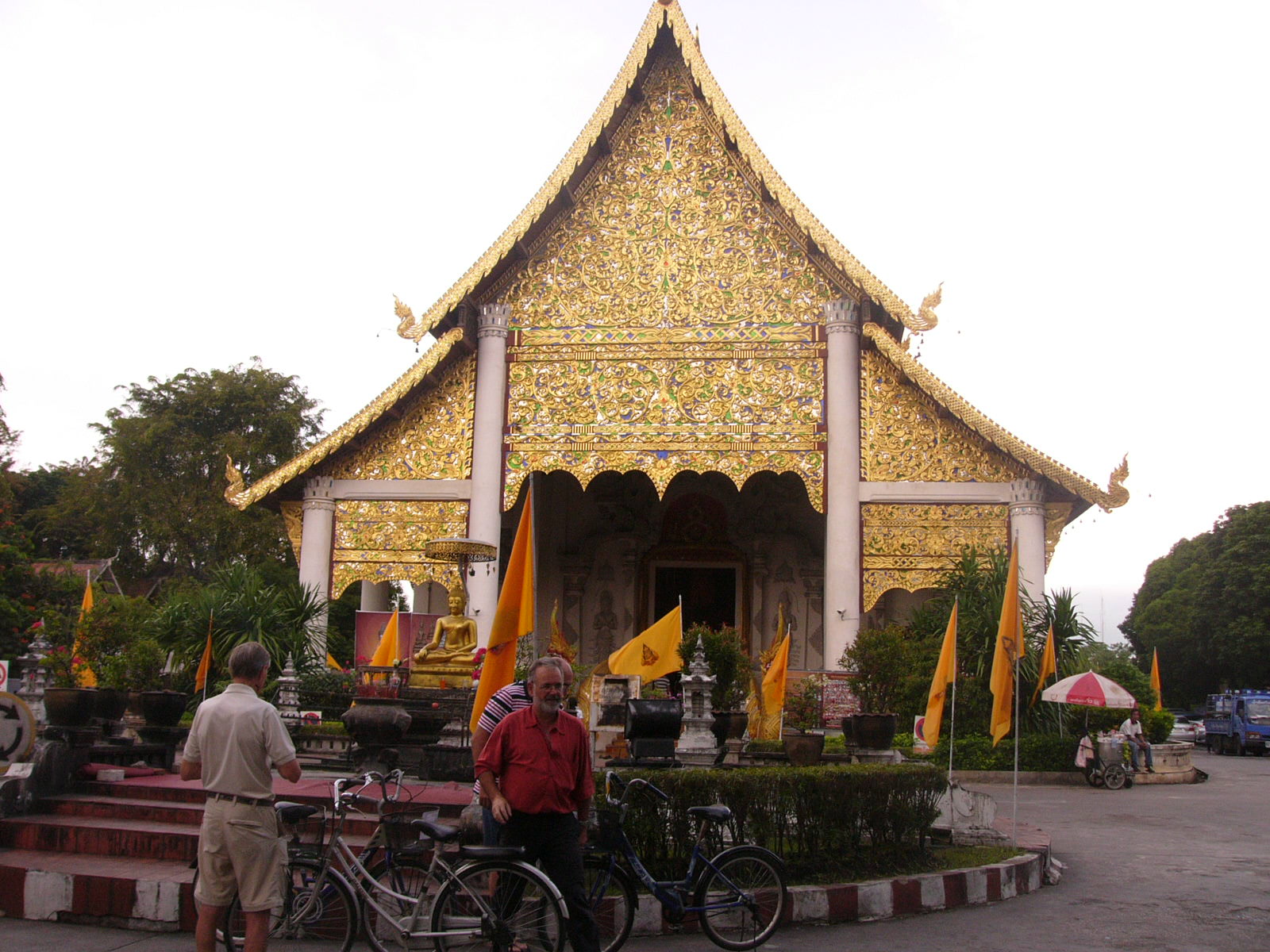You & I both know that "fight" in this case was not about going to a polling place and casting a vote
You are being disingenuous, knowing full well that mobs do not take "prayer books" to fights, even you would know the that many US citizens have the right to conceal carry, mob rule takes over as it did during the Salem Witch hunts where they often went with pitch forks , as some did this time
Ole Bon Spurs is a coward and wants people harmed as long as he remains protected.
Read the sworn statements of people who there with him on day, peace is something he did not want, he made that clear.
Calling people traitors is no an incitement to peace, you know that

